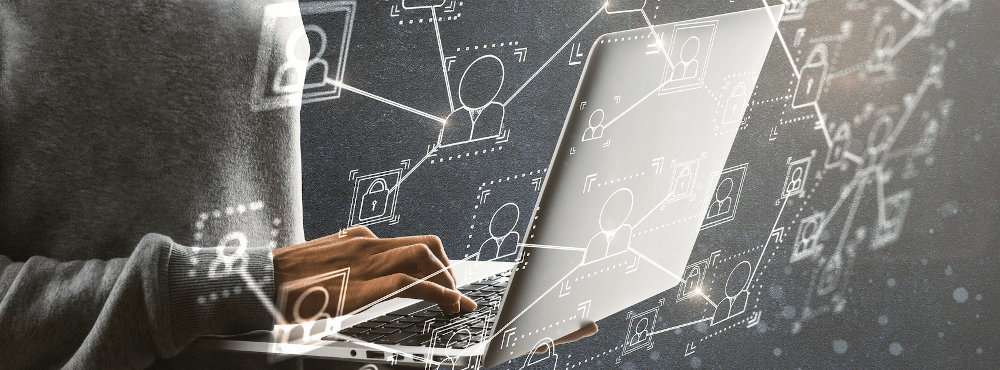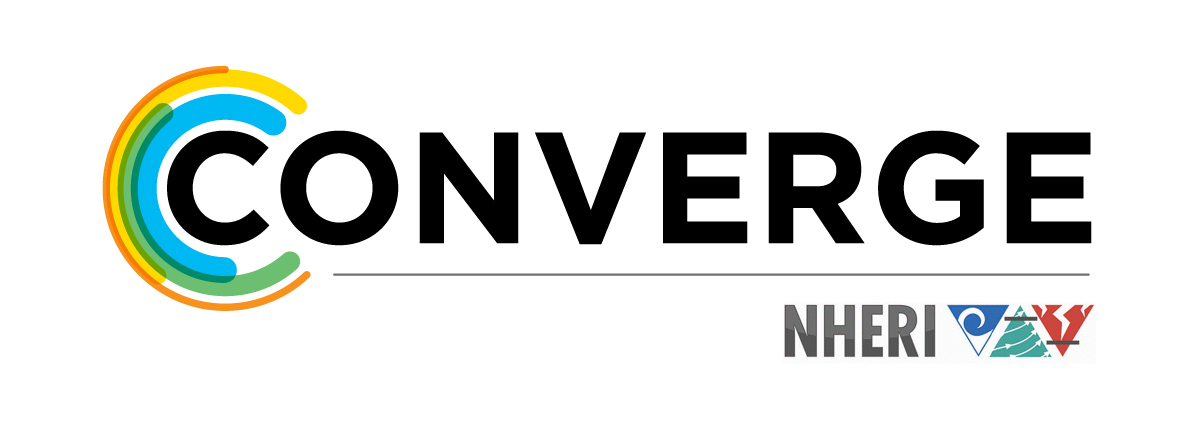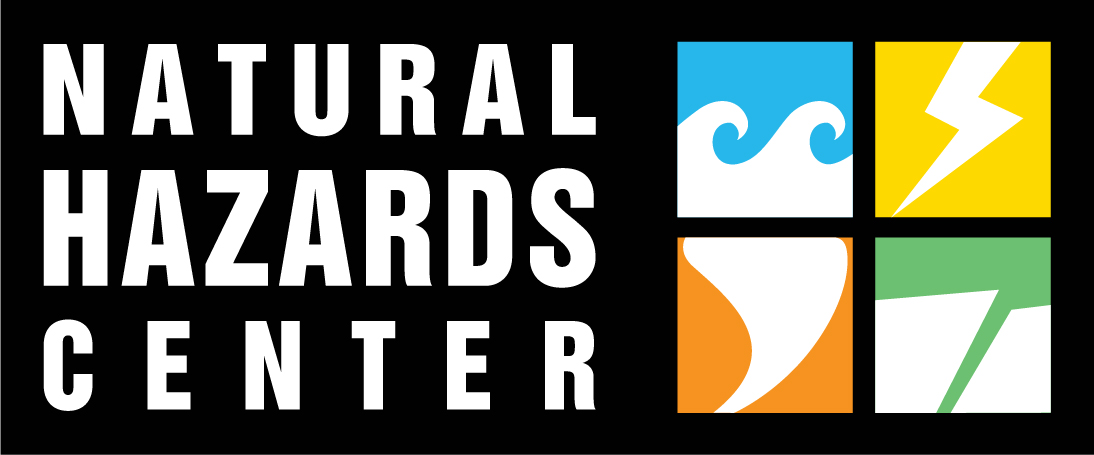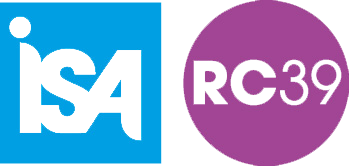Researchers Meeting
Wednesday, July 15 through Thursday, July 16, 2020
The Data Revolution:
Ethical Imperatives and Methodological Considerations for Hazards and Disaster Research

The 2020 Researchers Meeting will focus on new data technologies and capabilities, while also tackling enduring and emergent ethical and methodological considerations concerning why we collect data, what we measure, who we collect data from, and how we gather and share data. Since these ethical and methodological questions are inextricably linked to technological advancements, we want to consider them together at this year’s meeting.
Participants will have the opportunity to present their own research during a number of concurrent sessions. Plenary sessions will be interactive and will encourage researchers to advance an ethical code of conduct, raise pressing theoretical and methodological questions, and publish de-identified data along with associated data collection instruments and research protocols.
Previous calls for a data revolution have helped bring forth new technologies, crowdsourcing capabilities, and open-data platforms. The hazards and disaster research community is in the midst of its own data revolution. Experts in the United States, as well as globally, have developed a series of metrics and data sources to systematically measure disaster losses across geographic contexts and to assess the efficacy of mitigation solutions. Advances in big data have led to breakthroughs in evidence-informed decision making and risk reduction strategies. New mobile technologies encourage rapid and systematic data collection. And the field’s National Science Foundation-supported DesignSafe-Cyberinfrastructure now allows hazards and disaster researchers to securely store, analyze, publish, and share their data.
As these technologies advance, it is also crucial that members of the research community have the opportunity to raise and respond to thorny ethical issues related to privacy, data access, and data ownership. Moreover, while new equipment and devices may help to democratize data collection processes, they also may introduce unforeseen methodological challenges.
This annual meeting represents a key opportunity for long-time and newly established members of the community to take stock of what we have learned and where we are heading in hazards research and disaster science. We look forward to welcoming researchers from various disciplines and backgrounds this summer. Please join us as we consider ethics and methods in the context of the data revolution.
The Researchers Meeting is organized by the International Sociological Association Research Committee on Disasters (ISA-RC39) with the support of the Natural Hazards Center and the CONVERGE facility at the University of Colorado Boulder.




This meeting is supported by the National Science Foundation (NSF), Division of Civil, Mechanical, and Manufacturing Innovation (CMMI) (Award #1841338 and Award #1635593). Any opinions, findings, conclusions, or recommendations expressed in this meeting are those of the participants and do not necessarily reflect the views of the NSF.